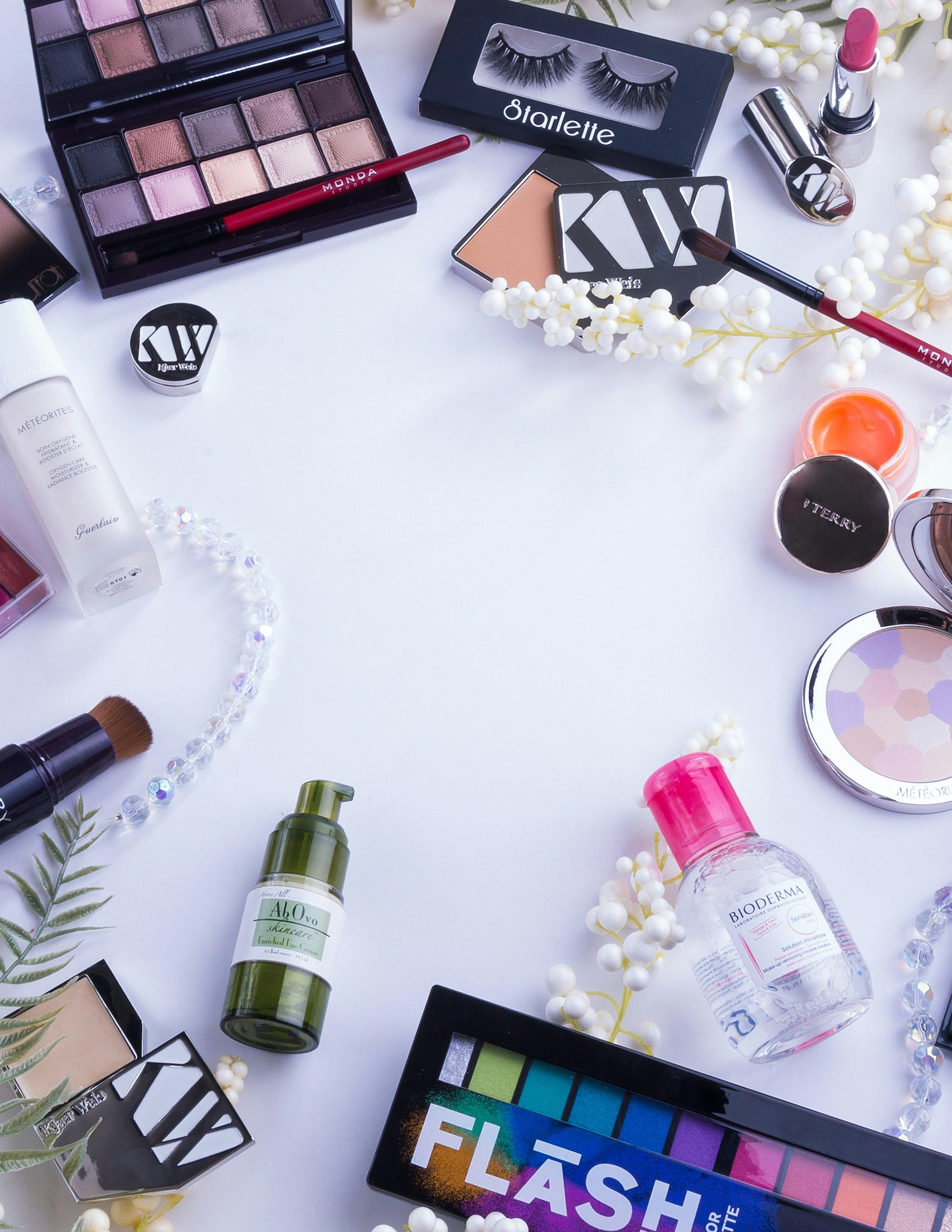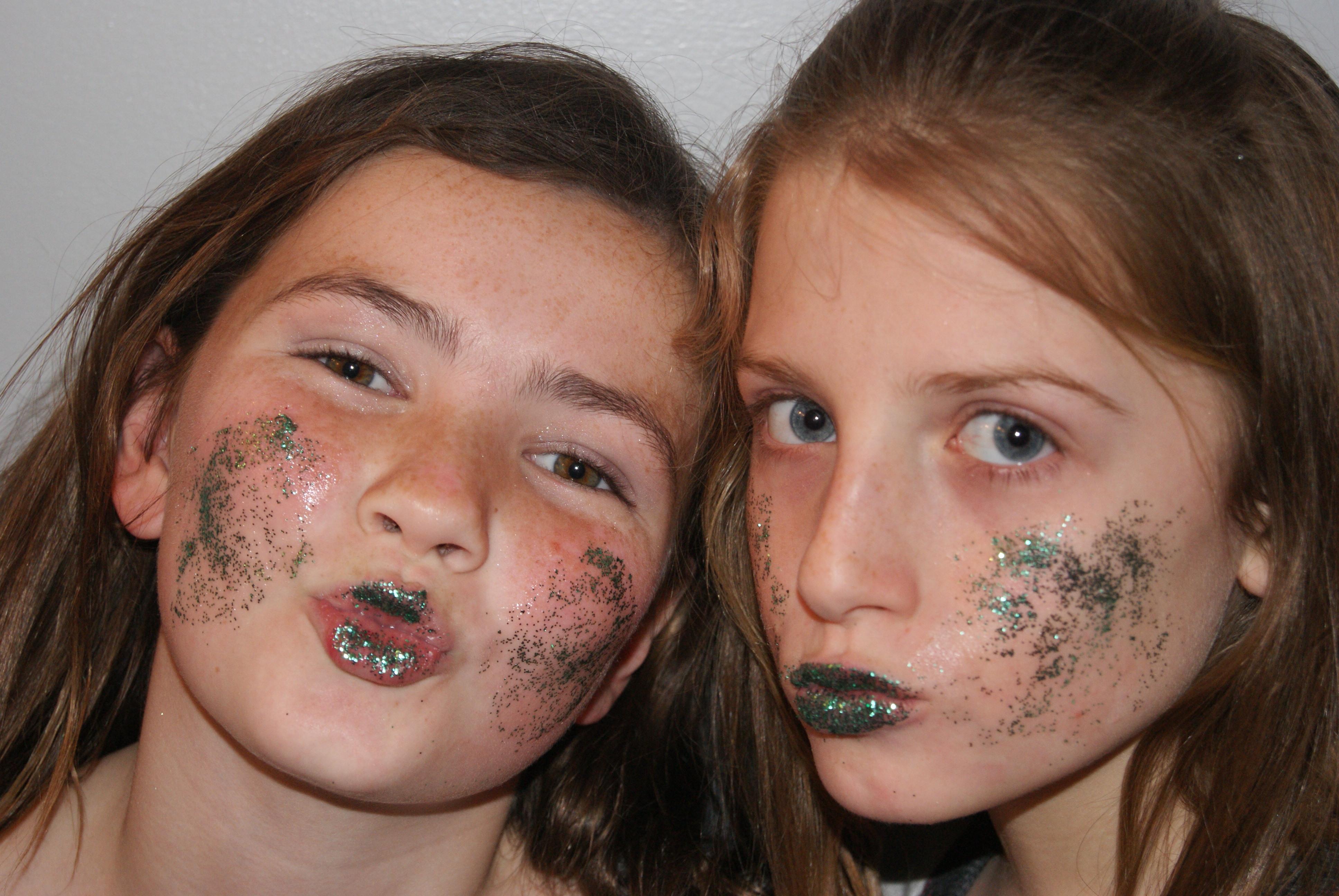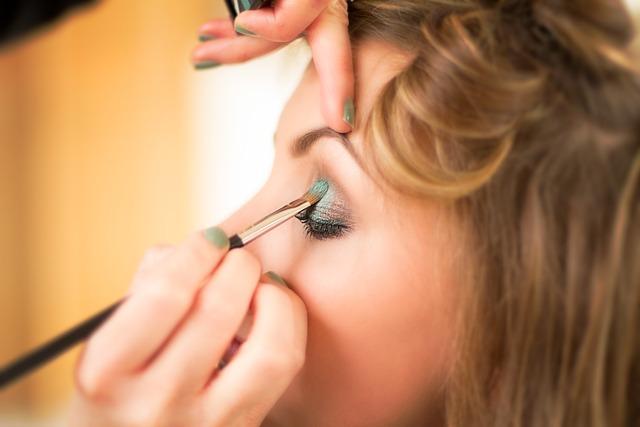Is Makeup for Children Encouraging Early Insecurities
In the vibrant world of childhood, where imagination knows no bounds and play is a child’s primary language, the allure of adult-like experiences often beckons with a mysterious charm. Among these experiences is the world of makeup—a realm of color, transformation, and self-expression. As makeup kits designed specifically for children become increasingly prevalent, they raise an intriguing question: are these playful palettes merely harmless fun, or do they plant the seeds of insecurity too soon? This article delves into the colorful yet complex world of children’s makeup, exploring the potential impact on young minds as they navigate the delicate balance between creative exploration and the pressures of self-image. Through a neutral lens, we aim to uncover whether these tiny tubes of lipstick and shimmering shadows are simply toys or if they subtly encourage early insecurities. Join us as we embark on this exploration, seeking insights from experts and parents alike, to understand the role of makeup in the lives of the youngest among us.
Impact of Childhood Makeup on Self-Perception
When children are introduced to makeup at an early age, it can subtly shape their self-perception in profound ways. While playing with colors and textures can be a fun and creative experience, it also has the potential to influence how children view themselves and their natural appearance. Early exposure to beauty standards might lead some children to associate self-worth with external appearance, creating a dependency on cosmetics to feel confident.
- Pressure to conform: Using makeup may inadvertently pressure children to conform to societal beauty norms, rather than embracing their unique features.
- Distorted self-image: Regular use of makeup might cause children to develop a skewed self-image, where they may only feel attractive when wearing makeup.
- Confidence building: On the flip side, for some children, makeup can be an empowering tool, fostering creativity and self-expression without being tied to self-worth.
Striking a balance between fun experimentation and maintaining a healthy self-image is crucial. Encouraging children to appreciate their natural beauty while allowing them to enjoy makeup as a form of play can help mitigate potential insecurities.

Understanding the Psychological Effects of Early Makeup Use
When children begin to explore the world of cosmetics, it opens up a complex landscape of self-expression and identity formation. The allure of colors and the joy of mimicking adults can be harmless fun, yet it also introduces them to societal beauty standards at a tender age. Psychologically, this early exposure can lead to a heightened awareness of physical appearance, which may contribute to the development of insecurities. Young minds are impressionable, and the act of wearing makeup might subtly suggest that their natural appearance is insufficient, potentially fostering a dependency on cosmetics for self-worth.
- Identity and Self-Perception: Children are in a critical phase of forming their self-identity. Makeup can influence how they perceive themselves and how they believe they are perceived by others.
- Influence of Media: With media often showcasing idealized images, children who use makeup may feel pressured to conform to unrealistic beauty standards.
- Parental Guidance: The role of parents is crucial. Providing balanced perspectives on beauty and self-worth can help mitigate negative psychological effects.

Balancing Creativity and Confidence in Young Makeup Users
In the world of young makeup enthusiasts, the journey often begins as a form of artistic exploration. This journey, however, must walk a fine line between fostering creativity and nurturing self-confidence. Makeup can be a wonderful tool for self-expression, allowing children to explore colors, textures, and styles that reflect their personalities. Yet, it’s essential that this exploration remains rooted in fun rather than becoming a means of masking insecurities.
- Encouraging Self-Expression: Let makeup be a playground for creativity. Support children in using makeup to express their imagination, akin to painting a canvas.
- Promoting Confidence: Guide young users to view makeup as an enhancement of their natural beauty rather than a necessity. Emphasize the beauty of their unique features.
- Fostering Healthy Habits: Educate on proper skincare and the importance of makeup removal to maintain skin health and reinforce positive routines.
Balancing these elements can help ensure that makeup remains a source of joy and empowerment, rather than a crutch for insecurities. It’s about celebrating individuality and instilling the understanding that confidence comes from within, with or without makeup.
Guidelines for Parents Navigating Childrens Interest in Makeup
As children express curiosity about makeup, parents can play a pivotal role in guiding their exploration in a balanced way. Open communication is key; ask questions about what interests them in makeup and listen without judgment. Encourage discussions around self-expression and creativity rather than focusing solely on appearance. This approach helps children understand that makeup can be a form of art and self-exploration.
- Set boundaries: Decide together when and where makeup use is appropriate.
- Educate on safety: Teach them about the importance of using age-appropriate products and maintaining skin health.
- Highlight diversity: Share how makeup can be a tool to celebrate individuality and diversity rather than conforming to societal beauty standards.
By fostering a supportive environment, parents can help their children develop a healthy relationship with makeup, ensuring it is seen as a means of empowerment rather than a source of insecurity.
In Conclusion
As we close the lid on this multifaceted discussion about makeup and its influence on children’s self-perception, it’s clear that this topic is more than skin deep. While some see these colorful palettes as a gateway to creativity and self-expression, others worry about the potential seeds of insecurity being planted too soon. As society evolves, so too will our understanding of beauty, identity, and the myriad ways they intertwine. Perhaps the true essence of this debate lies not in the products themselves, but in the conversations they spark between generations. Let us continue to explore these dialogues with open minds and compassionate hearts, ensuring that every child grows up feeling confident in their own unique beauty.


